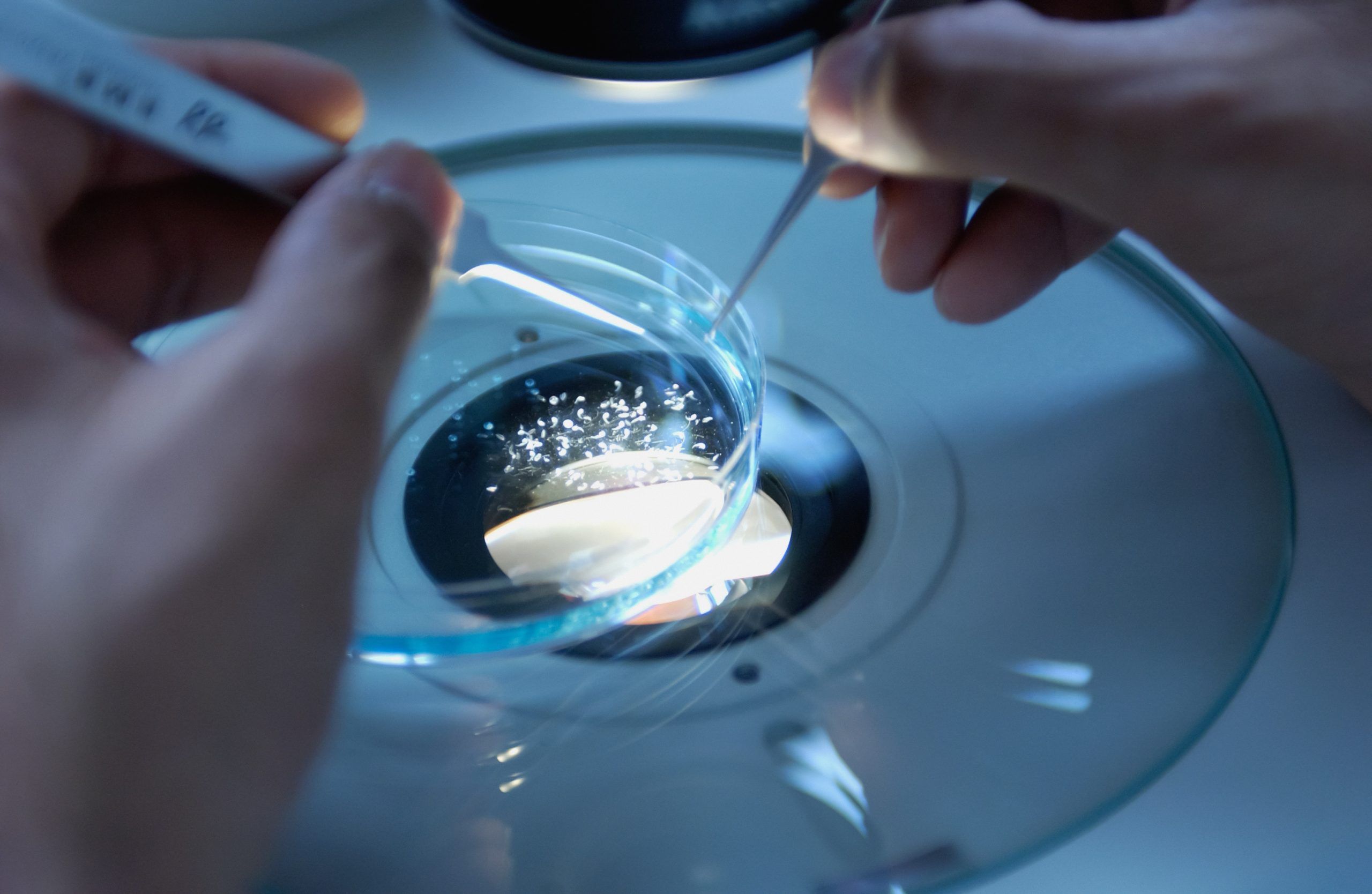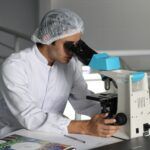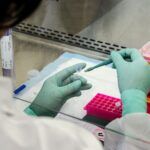Duties of the position
Collaborating with other Doctoral Candidates of the network, you will establish highly innovative preclinical Organ-on-a-Chip (OoC) models to faithfully mimic the very early events of tumour cell invasion and macrophage interactions in the context of healthy OoC models. Your tasks will be to establish standardized human bone OoC integrated with (age-relevant) blood monocyte-derived macrophage population, to identify macrophage and matrix changes induced upon interaction with BCa and PCa cells in a bone OoC model and to select and test potential macrophage-targeted compounds to interfere with tumour cell survival and invasion into bone OoC. Finally, you will use your findings to write and defend your thesis to obtain a doctoral degree.
You will embark on secondments (internships) to partners of the doctoral network to access experimental models/tools or to receive training relevant to the completion of the project objectives that are not available in the home laboratory. These include:
1st year: shared WP3 workshop at React4Life (RL), Italy to set-up standardized OoC model (duration: 1 week), secondment at Johann Wolfgang Goethe-Universität Frankfurt am Main (GUF), Germany to research age-specific macrophage functionality (duration: 1 month)
2nd year: secondment at The University of Nottingham (UoN) and Peptimatrix Limited (PMat), England for matrix composition and remodeling (duration: 2 months)
3rd year: secondment at the University of Helsinki (UH), Finland for immune profiling (duration: 1 month)
Required selection criteria
- You must hold a MSc or equivalent in the field of biology, chemistry or a related discipline
- You must have a solid knowledge of cell and molecular biology as well as biochemistry
- Experience with animal experimentation is desired. Willingness to work with animals is a prerequisite
- You must have an ability to understand and express yourself in both written and spoken English to a level that is sufficiently high for you to derive the full benefit from the network training
- You can be of any nationality
- You must be eligible to enroll in a PhD program at the host institution
- You must be eligible to work on the project under the HORIZON MSCA Mobility Rule and the HORIZON MSCA eligibility criteria
Benefits
- Monthly living allowance: 4,010 €/month
This is adjusted through the application of a country correction coefficient (in this case 101.2 % for Germany) to the living allowance of the country in which the researcher is recruited and includes all compulsory deductions under national legislation, including any employer contributions.
Monthly mobility allowance: 710 €/month
The mobility allowance is paid to fund private travel to the home country of the researcher, e. g. for family visits. All other travel (e. g. for secondments or to participate in conferences) are paid (or reimbursed, depending on the situation and national legislation) through the project.
Monthly family allowance: 660 €/month
If applicable and depending on the family situation.
Organisation/Company –Technische Universitaet Dresden
Research Field – Biological sciences » Biological engineering, Chemistry » Biochemistry, Engineering » Biomedical engineering
Researcher Profile First Stage Researcher (R1)
Country – Germany
Application Deadline –8 Nov 2024 – 22:00 (Europe/Berlin)
More information: EUROAXESS







Leave a Reply